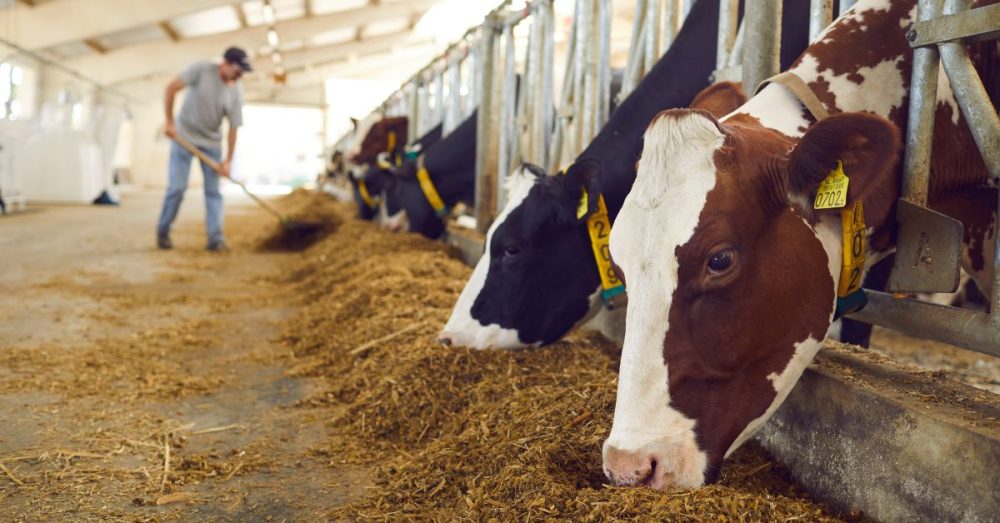After Hurricane Beryl pummeled Houston and surrounding areas last week, many farmers were left struggling to care for their animals and crops, but they are banding together to help one another.
Beryl resulted in several deaths and left millions without power for days after ripping through the Houston area on July 8, as covered by The Dallas Express.
Farmers in the area have had to deal with a plethora of other problems, such as damaged crops, scared and at-risk animals, a shortage of feed, damaged animal enclosures, and more.
Monty Dozier, program director for Texas A&M’s Disaster Assessment and Recovery Unit, told KRLD NewsRadio 1080 that an estimated 14,000 to 20,000 head of cattle were between Houston and Beaumont, too many to evacuate ahead of the storm.
Farmers have had to work together to meet the animals’ needs.
“We all take care of each other,” Tracy Hord, an equestrian facility owner, told KRLD. “The normal public doesn’t know what it takes … to take care of this. You have to keep it moving because the horses can’t do without, or your livestock can’t do without.”
Catherine Ward owns a farm about 35 miles from Houston in Porter and has 88 animals.
“The goats were able to come into shelter,” Ward said, per KRLD. “Every time I would go to the back door to look, they’re all looking like, ‘Momma, please come help. We don’t know what’s happening.'”
The storm winds caused a tree to fall onto the roof of her chicken and rabbit pen, fences to break, and metal sheets to be twisted and tossed around.
Her farm remained without electricity for five days and relied on a portable generator for power.
There are still Texans without electricity. As of July 16, over 106,000 customers were without power, according to PowerOutage.US.
Texas A&M was given taxpayer money in 2019 to create a system for farmers to respond to such disasters, Dozier told KRLD. The program has 26 agents who respond to floods, tornadoes, wildfires, and more throughout Texas. The response team provides pickup points with animal supplies when farmers and ranchers cannot access them elsewhere.
“One of my producers told me, ‘If you farm in Texas, you need to learn to farm in a continuous drought interrupted by times of flooding,’” Dozier told KRLD. “That’s the mindset that you need to have.”
Chuck Ridder owns Knox Drive Farm & Feed, which has been in operation for many years. He told KRLD that he would always keep the store open during events like Beryl, even without electricity.
Before Beryl struck the area, Ridder managed to put bags of feed into storage in case of flooding. When the storm hit, one of the warehouse’s metal doors was damaged, but his feed supply remained undamaged.
Ridder even goes as far as letting longtime customers know where the key to unlock the business is in case they ever need it.
“Anytime that they need something, just leave a note,” Ridder said, per KRLD.


